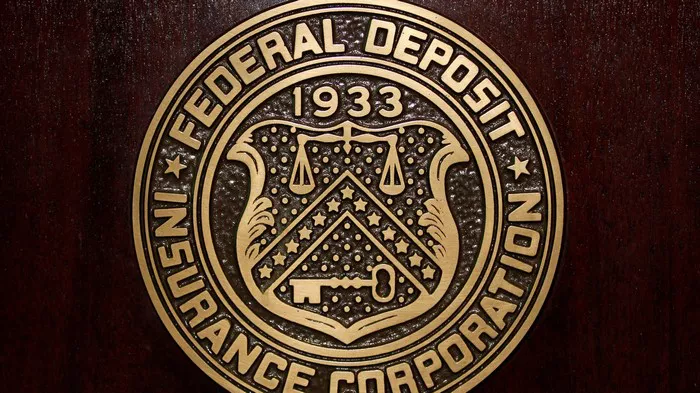When it comes to investing your hard-earned money, one of the primary concerns is ensuring its safety. With the plethora of investment options available, it’s crucial to understand the level of protection offered by different financial institutions. Vanguard is a well-known investment management company, but many investors wonder: Is Vanguard FDIC insured? In this comprehensive guide, we’ll delve into the intricacies of Vanguard’s insurance coverage, helping you make informed decisions about your investments.
Understanding FDIC Insurance
The Federal Deposit Insurance Corporation (FDIC) is an independent agency of the United States government that provides deposit insurance to depositors in U.S. commercial banks and savings institutions. Established in 1933 in response to the thousands of bank failures that occurred in the 1920s and early 1930s, the FDIC’s primary purpose is to maintain stability and public confidence in the nation’s financial system.
FDIC insurance covers deposits up to a certain limit per depositor, per insured bank, for each account ownership category. As of 2022, the standard insurance amount is $250,000 per depositor, per insured bank, for each account ownership category.
Is Vanguard FDIC Insured?
Vanguard is primarily known for its mutual funds, exchange-traded funds (ETFs), and other investment products rather than traditional banking services like savings accounts or certificates of deposit (CDs). As such, it’s essential to understand that not all Vanguard accounts are FDIC insured.
Vanguard does offer certain banking services through its affiliated Vanguard Brokerage Services (VBS), including money market settlement funds and cash management accounts. However, these accounts are not traditional savings accounts or CDs offered by banks and therefore do not fall under FDIC insurance.
Vanguard’s Money Market Funds
One of the primary vehicles for cash investments at Vanguard is its money market funds. These funds invest in short-term, high-quality fixed-income securities and are designed to provide investors with liquidity and stability. While money market funds aim to maintain a stable net asset value (NAV) of $1 per share, they are not FDIC insured.
It’s important to note that money market funds, including those offered by Vanguard, are subject to investment risk, including the possible loss of principal. While they typically strive to preserve investors’ principal and maintain a stable NAV, there can be no guarantee of returns or protection against losses.
Vanguard Cash Management Account
Vanguard also offers a Cash Management Account (CMA) to its clients, which functions similarly to a checking account and provides features such as check-writing capabilities and a debit card. The CMA allows investors to access their cash holdings held in various Vanguard funds and securities.
While the CMA may offer certain protections and conveniences, it’s crucial to understand that it is not a traditional bank account and does not offer FDIC insurance on its balances. Instead, the balances in the CMA are invested in money market funds or other Vanguard-affiliated investment products, subjecting them to market risks.
Conclusion
While Vanguard is a reputable investment management company, it’s essential to recognize that not all of its products offer FDIC insurance. Traditional bank accounts, such as savings accounts and CDs, are typically FDIC insured, providing protection up to the specified limits.
Before investing with Vanguard or any other financial institution, it’s crucial to carefully read the terms and conditions of the investment products and understand the level of insurance coverage provided. Diversifying your investments across different asset classes and institutions can also help mitigate risks and safeguard your financial well-being.
FAQs
Q1. Are Vanguard mutual funds FDIC insured?
A1: No, Vanguard mutual funds are not FDIC insured. Mutual funds are investment vehicles that pool money from multiple investors to purchase a diversified portfolio of stocks, bonds, or other securities. While mutual funds offer the potential for returns, they are subject to market risks and do not provide FDIC insurance.
Q2. Is my money safe with Vanguard?
A2: While Vanguard is a reputable investment management company with a long history of serving investors, it’s essential to understand that investing always carries some level of risk. While certain Vanguard accounts, such as money market funds and cash management accounts, are not FDIC insured, Vanguard prioritizes the safety and security of its clients’ assets through robust risk management practices.
Q3. What happens if Vanguard goes out of business?
A3: In the unlikely event that Vanguard were to go out of business, investors’ assets would be protected by various regulatory measures and safeguards. Vanguard is subject to oversight by regulatory bodies such as the Securities and Exchange Commission (SEC) and the Financial Industry Regulatory Authority (FINRA). Additionally, investors’ assets are held separately from Vanguard’s own assets, providing an additional layer of protection. However, it’s essential for investors to stay informed about the status of their investments and take appropriate action if necessary.


